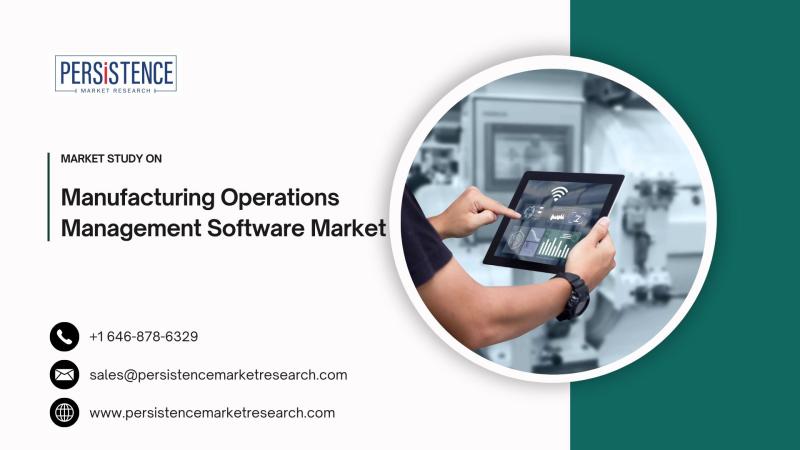Manufacturing Tech Revolution: Global Operations Software Market Poised to Skyrocket to $38.3 Billion by 2031

The Manufacturing Operations Management (MOM) Software Market: A Digital Revolution Transforming Industrial Landscapes
In the rapidly evolving world of industrial technology, Manufacturing Operations Management (MOM) software is emerging as a game-changing solution for businesses seeking to optimize their production processes. As we enter 2024, the market is experiencing an unprecedented surge, driven by the transformative power of automation, digitalization, and smart manufacturing technologies.
Current market projections paint an impressive picture, with the MOM software market estimated to reach a substantial US $15.9 billion this year. This remarkable growth reflects the increasing recognition among manufacturers of the critical role that advanced digital solutions play in enhancing operational efficiency, reducing costs, and maintaining competitive edge.
The driving forces behind this market expansion are multifaceted. Companies across various industries are increasingly embracing digital transformation, recognizing that intelligent manufacturing systems are no longer a luxury but a necessity in today's fast-paced, technology-driven business environment. From real-time data analytics to seamless integration of production workflows, MOM software is revolutionizing how manufacturers approach operational management.
As businesses continue to prioritize innovation and technological advancement, the MOM software market is poised for continued growth and evolution, promising exciting opportunities for manufacturers willing to invest in cutting-edge digital solutions.

